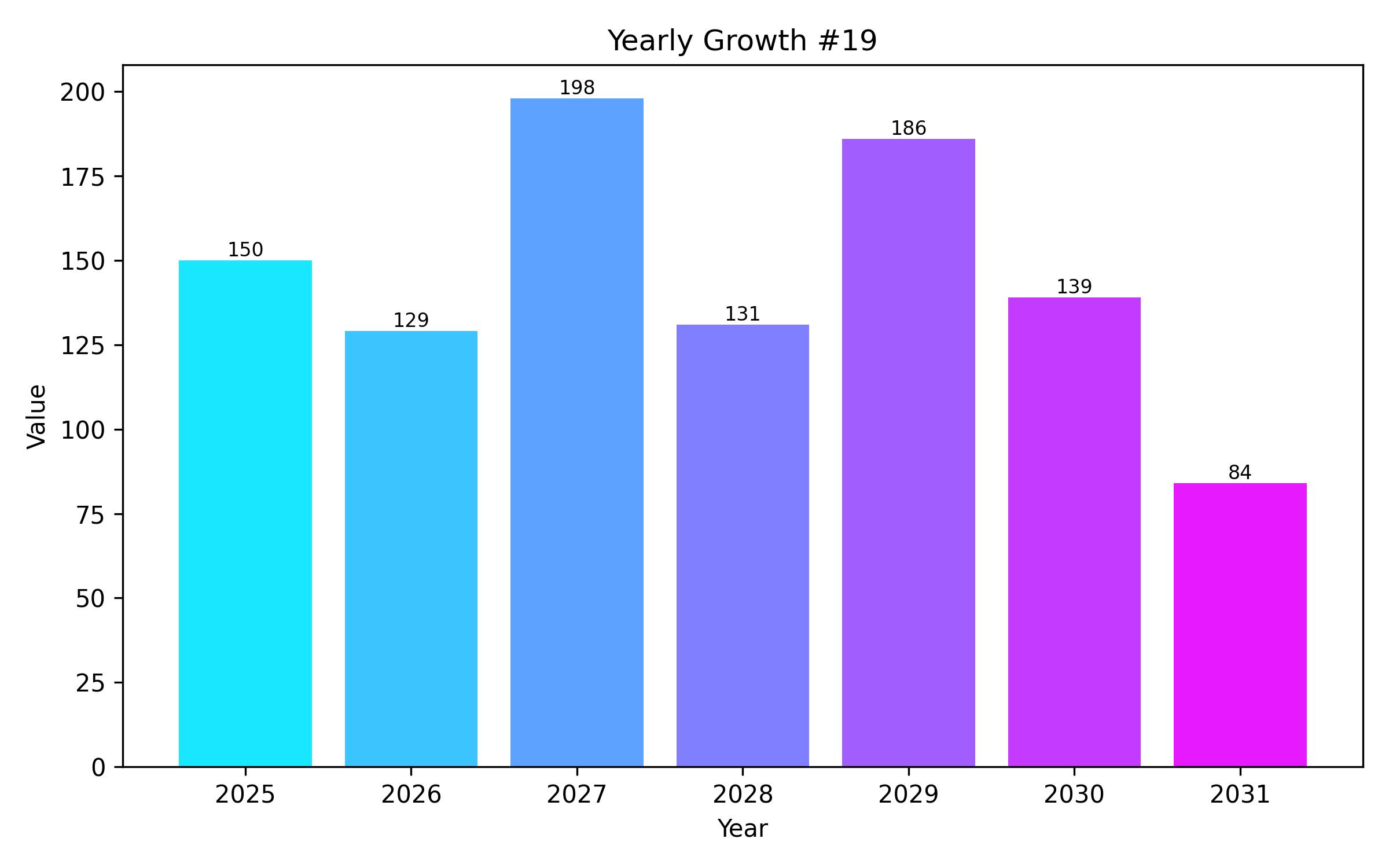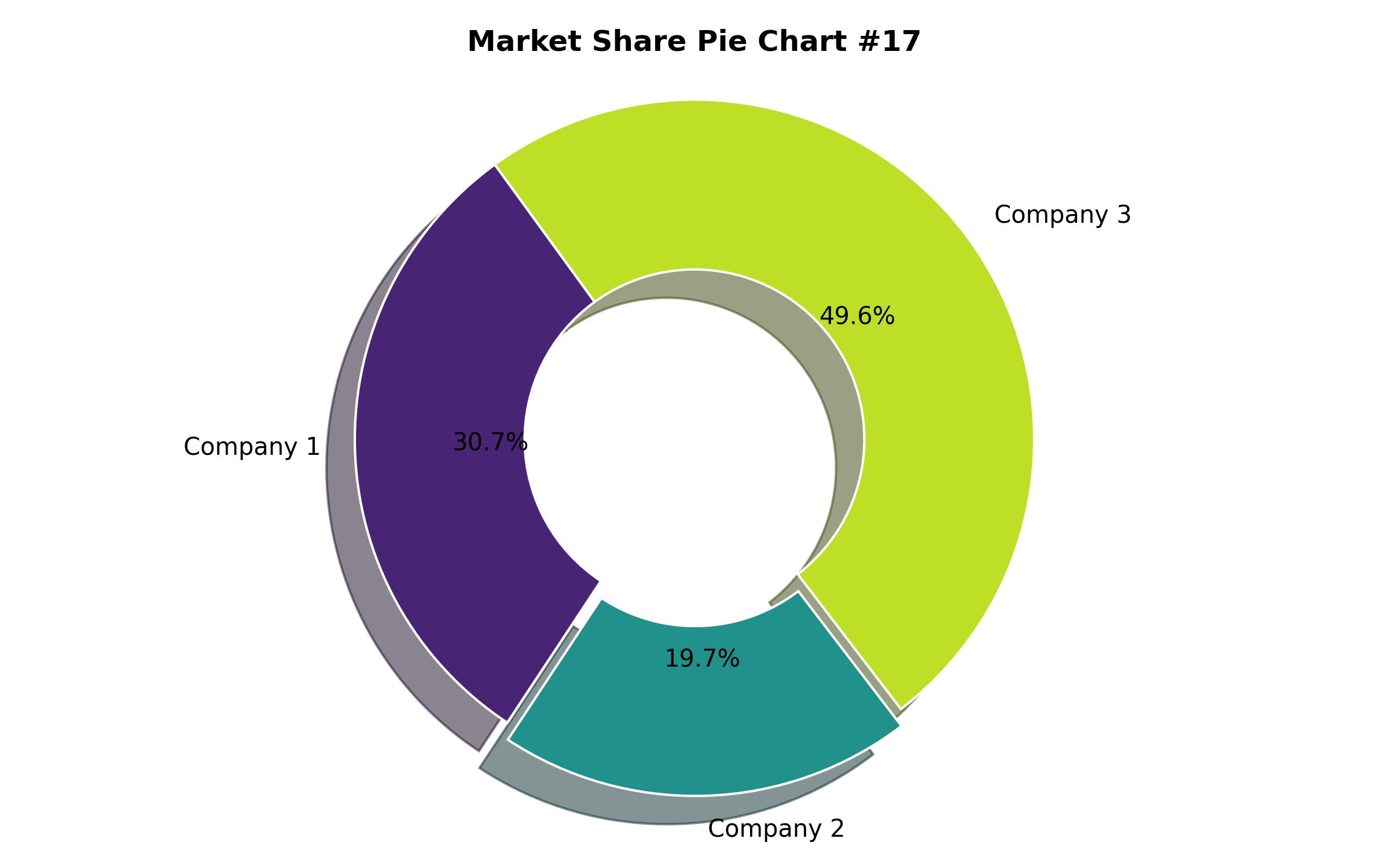Analysis and Growth Trajectories for the Versatile Food Ingredient Market
Overview:
The worldwide market for food ingredients with multiple functions is experiencing significant expansion, driven by increased consumer focus on health and wellness. Valued at approximately USD 112.39 billion in 2025, the market is anticipated to reach around USD 148.14 billion by 2035, exhibiting a compound annual growth rate (CAGR) of 2.8% over the forecast period. This follows a CAGR of 2.5% registered between 2020 and 2025.
Evolving consumer preferences for fortified and functional foods are contributing substantially to market growth. Products designed to enhance aspects like immunity, digestive health, and energy levels are increasingly popular, leading to greater incorporation of diverse functional ingredients in supplements, beverages, snacks, and other food items.
The trend towards personalized nutrition and tailored dietary regimens is also boosting the need for ingredients capable of fulfilling specific functional requirements. Furthermore, demographic shifts and increasing urbanization are contributing to the demand for convenient, nutritional food products, which often feature multifunctional ingredients.
Advancements in food technology are playing a crucial role in the market, enabling the development of novel and healthier multifunctional ingredients. The rising preference for plant-based options and naturally derived ingredients aligns with the clean-label movement, which seeks to simplify ingredient lists and enhance product transparency.
| Attributes | Details |
|---|---|
| Market Size (2025) | USD 112.39 Billion |
| Projected Market Value (2035) | USD 148.14 Billion |
| CAGR (2025 to 2035) | 2.8% |
The industry landscape is characterized by the presence of leading international corporations alongside regional and local participants. Larger companies typically hold a substantial share of the global market, leveraging extensive product portfolios, established distribution networks, and robust production capabilities.
Mid-sized firms play a significant role in regional markets, often demonstrating strong business acument and adherence to regulatory standards. Smaller entities frequently cater to niche segments and local markets, forming a less structured but important component of the overall ecosystem.
Geographically, certain countries are projected to exhibit particularly strong growth in consumption. Canada, Germany, and South Korea are expected to have noticeable expansion rates, indicating increasing adoption and use of these versatile food additives in various applications.

| Report Attribute | Details |
|---|---|
| Market Size in 2025 | USD 112.39 billion |
| Revenue Forecast for 2035 | USD 148.14 billion |
| Growth Rate (CAGR) | 2.8% from 2025 to 2035 |
| Base Year for Estimation | 2024 |
| Historical Data | 2020 – 2023 |
| Forecast Period | 2025 – 2035 |
| Quantitative Units | Revenue in USD million/billion and CAGR from 2025 to 2035 |
| Report Coverage | Revenue forecast, company market share analysis, competitive landscape, growth drivers, and market trends |
| Covered Segments | Additive Type, End Use, and Region |
| Regional Scope | North America, Europe, Asia Pacific, Latin America, MEA |
| Country Scope | U.S., Canada, Germany, South Korea, Brazil, China, India, U.K. |
| Key Companies Analyzed | British Foods PLC, Archer Daniels Midland Company, Cargill Incorporated, BASF SE, Kerry Group PLC, Ajinomoto Co. Inc., Ingredion Incorporated, E.l. Du Pont De Nemours and Company |
| Customization Options | Free report customization (up to 8 analysts working days) with purchase. Changes to country, regional, and segment scope |
| Pricing and Purchase Options | Customizable purchase options for tailored research needs |

Report Coverage & Deliverables
- Market Trends And Dynamics
- Competitve Benchmarking
- Historical data and forecasts
- Value/Volume analysis
- Company revenue shares and key strategies
- Regional opportunities
This is an indicative segmentation. Please request a sample report to see detail segmentation of this market.
Detailed Market Segmentation
-
By Additive Type
- Preservatives
- Antioxidants
- Colorants
- Flavor Enhancers
- Emulsifiers
- Stabilizers
- Thickeners
- Sweeteners
- Nutritional Additives (Vitamins, Minerals)
-
By End Use
- Bakery & Confectionery
- Dairy Products
- Beverages
- Snack Foods
- Meat, Poultry, & Seafood Products
- Sauces, Dressings, & Condiments
- Ready Meals
- Dietary Supplements
-
By Region
- North America (U.S., Canada, Mexico)
- Europe (Germany, U.K., France, Italy, Spain)
- Asia Pacific (China, India, Japan, South Korea, Australia)
- Latin America (Brazil, Argentina, Mexico)
- Middle East & Africa (MEA) (UAE, Saudi Arabia, South Africa)
Table of Content
- Executive Summary
- Market Introduction
- Key Market Dynamics
- Market Viewpoint
- Market Value Chain Analysis
- Market Size Estimation and Forecast
- Market Analysis 2020 to 2024 and Forecast 2025 to 2035, By Additive Type
- Preservatives
- Antioxidants
- Colorants
- Flavor Enhancers
- Emulsifiers
- Stabilizers
- Thickeners
- Sweeteners
- Nutritional Additives (Vitamins, Minerals)
- Market Analysis 2020 to 2024 and Forecast 2025 to 2035, By End Use
- Bakery & Confectionery
- Dairy Products
- Beverages
- Snack Foods
- Meat, Poultry, & Seafood Products
- Sauces, Dressings, & Condiments
- Ready Meals
- Dietary Supplements
- Market Analysis 2020 to 2024 and Forecast 2025 to 2035, By Region
- North America
- Europe
- Asia Pacific
- Latin America
- Middle East & Africa
- North America Market Analysis 2020 to 2024 and Forecast 2025 to 2035
- Europe Market Analysis 2020 to 2024 and Forecast 2025 to 2035
- Asia Pacific Market Analysis 2020 to 2024 and Forecast 2025 to 2035
- Latin America Market Analysis 2020 to 2024 and Forecast 2025 to 2035
- Middle East & Africa Market Analysis 2020 to 2024 and Forecast 2025 to 2035
- Competitive Landscape
- Market Structure
- Analyst Recommendations
- Assumptions and Acronyms
- Research Methodology
